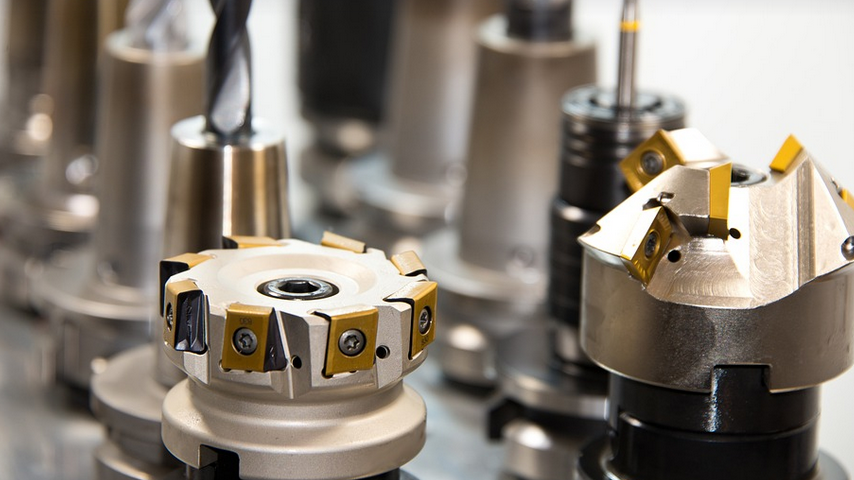
Steering Wheel Rubber Gone Sticky? What To Do
A Common Problem, But Not a Sign of Disaster
Have you noticed your steering wheel becoming sticky lately? It’s not just an annoyance; it can be a sign of something deeper. While a bit of wear and tear is natural for any car part, if your steering wheel feels tacky or even loses its grip, it might be time to address the issue.
Sticky steering wheels are often a signal that the rubber components are degraded, which can affect your driving experience significantly. The good news is that many common causes of this problem can be addressed, and with some simple steps, you can get back to feeling confident at the helm.
You likely have encountered this issue before; it’s a classic car problem that arises from wear and tear over time. The rubber on your steering wheel wears out naturally as you use it, leading to stiffness or even stickiness in the grip. This gradual degradation of the natural elastomer can be caused by exposure to heat, sunlight, moisture, chemicals, or even just normal driving conditions.
A sticky steering wheel isn’t always a sign of a major problem. In some instances, it may simply be a case of needing to replace or replenish the rubber coating on your steering wheel, which can typically be done relatively easily using automotive repair kits and supplies. Alternatively, if you suspect more significant wear and tear might be the culprit, then consulting with a professional mechanic is advisable.
Before diving into any repairs, it’s important to understand the potential underlying causes of this issue. While a new steering wheel may seem like the solution, it’s crucial to know that there are other solutions. Take a moment to consider some possible culprits:
**Exposure to heat and sunlight:** Prolonged exposure to direct sunlight or even high temperatures can cause the rubber on your steering wheel to warp and shrink over time. This often leaves the plastic underneath exposed, potentially leading to a sticky feeling in the grip.
**Moisture and humidity:** If moisture is present in your car’s interior, such as from condensation or spills, it can lead to the growth of mold and mildew on the rubber. These conditions can cause the rubber to become sticky.
**Chemicals and cleaning products:** Harsh chemicals or cleaning products that come into contact with the steering wheel over time, like cleaners containing strong ammonia or bleach, can leave behind residue that makes the grip feel sticky.
**Driving habits:** Frequent fast turns or aggressive driving can lead to wear and tear on the rubber components of your steering wheel. This constant pressure can cause them to lose their elasticity and feel sticky over time.
**Normal aging process:** It’s important to remember that all materials, including rubber, degrade naturally with time. This means even if you’re careful during use, it’s inevitable for the rubber on your steering wheel to wear down.
**The good news is that there are many ways to address this problem. Here are a few suggestions:**
***Cleaning and Maintenance:***
The most crucial step in addressing the sticky steering wheel problem starts by cleaning it well. Use a car-specific cleaner designed for rubber or leather. A gentle solution applied with a slightly damp microfiber cloth can help loosen dust, grime, and even residue from chemicals.
***Replacement:***
In some cases, the best course of action is to replace your steering wheel altogether. This might be necessary if the damage is significant or if you simply want a new feel when driving. You can choose from various types of steering wheels with different designs and materials.
***Addressing Underlying Causes:***
If you suspect the problem stems from an underlying issue, such as moisture buildup or exposure to harsh chemicals, it’s important to address those issues first. Drying out your car’s interior after washing can help prevent mold growth and mildew. For example, opening windows and using a dehumidifier when parked in humid weather is helpful.
***Professional Help:***
If you’re unsure about how to proceed or if the sticky steering wheel issue seems severe, it’s always a good idea to consult with a professional mechanic. They can assess the extent of the damage and advise on the most appropriate course of action for your specific situation.